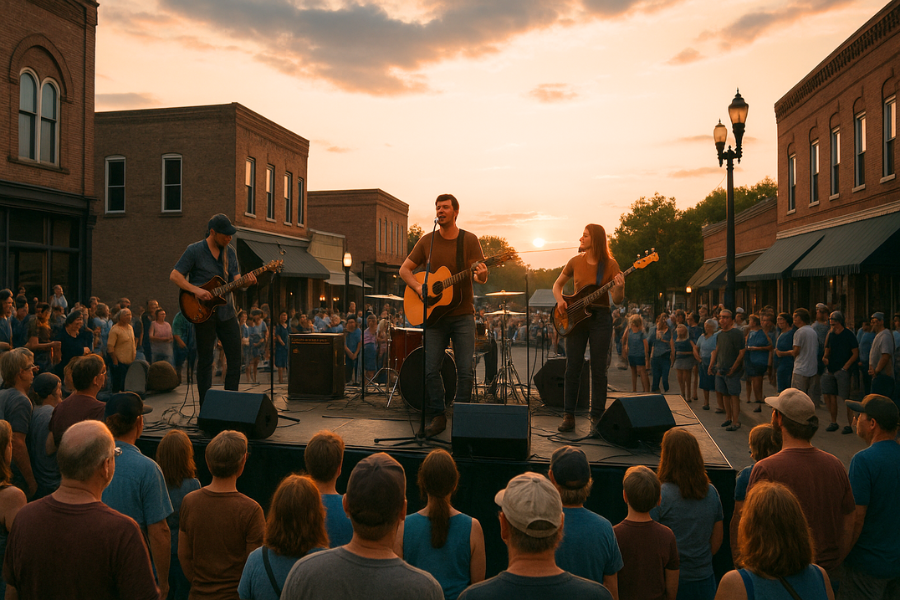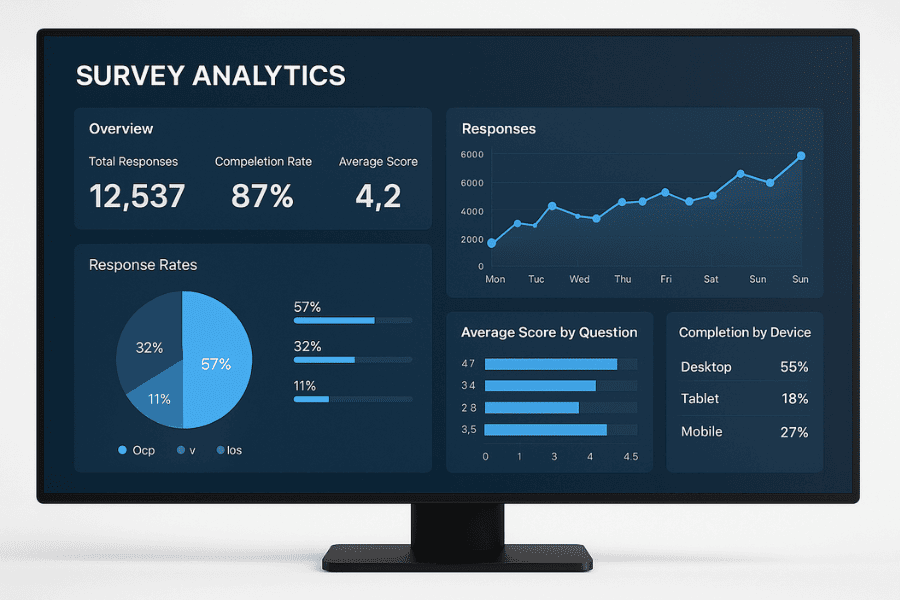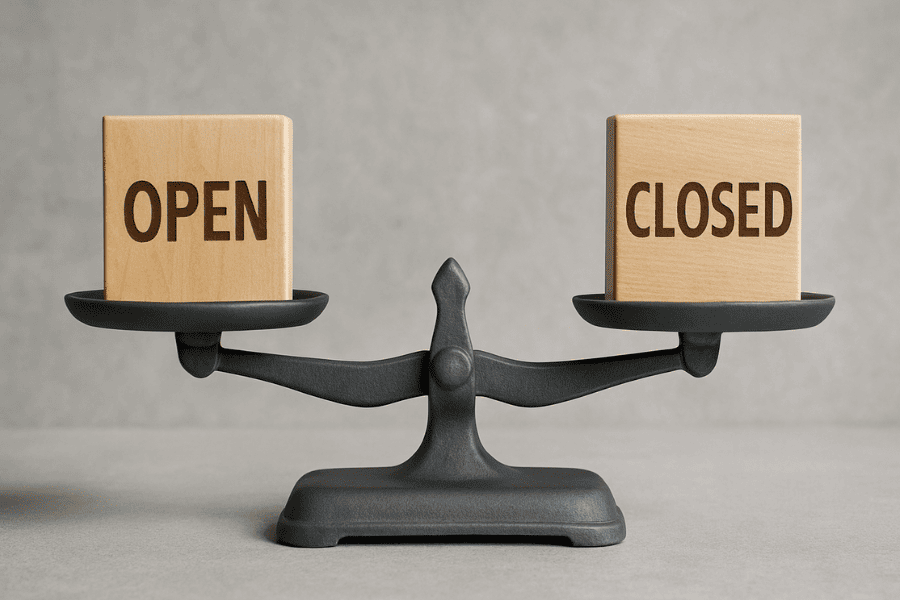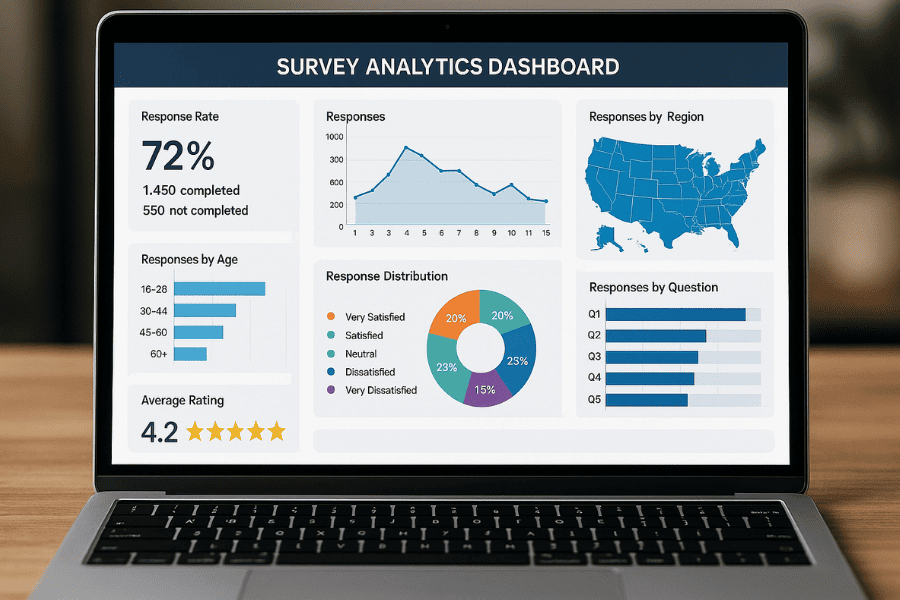Event Feedback Surveys: What to Ask Before, During & After
Master event feedback surveys by learning what to ask before, during, and after your event to boost engagement and future planning.

Introduction
Events aren’t just about speakers and stages, they’re experiences. Whether you're hosting a conference, webinar, product launch, or corporate retreat, understanding how attendees perceive the event is crucial. Event feedback surveys bridge the gap between assumption and truth. But timing and question framing matter more than most realize.
Let’s explore how to craft intelligent, timing-specific surveys to maximize attendee engagement and collect data that actually means something.
Why Event Feedback Surveys Matter
Event feedback surveys provide a structured way to gather attendee input. They help organizers identify what worked, what didn’t, and what could be improved. Feedback fuels innovation. More than just satisfaction ratings, surveys illuminate expectations, preferences, and pain points that can’t be guessed.
For more on survey design and avoiding common mistakes, check out 10 Survey Question Mistakes That Are Ruining Your Response Rate.
- Improve future event planning
- Increase attendee satisfaction
- Discover what resonated and what fell flat
- Capture testimonials and social proof
- Enhance speaker and content selection
Before the Event: Setting the Stage with Pre-Event Surveys
Gathering feedback before your event begins allows you to tailor experiences based on real expectations. Pre-event surveys often focus on logistics, preferences, and excitement levels.
What to Ask in Pre-Event Surveys
- What are you hoping to learn or achieve at this event?
- Which sessions or speakers are you most excited about?
- How did you hear about this event?
- Are there any topics you'd like covered?
- Do you have any accessibility or dietary requirements?
By asking these questions, you can gauge attendee interests and make real-time adjustments to schedules or programming.
Timing and Distribution
Send pre-event surveys 1–2 weeks before the event. Email works best, but don’t underestimate mobile push notifications or pop-ups on registration pages.
During the Event: Capturing Real-Time Reactions
Mid-event surveys can catch attendees while their impressions are fresh. They also give you the opportunity to pivot if something isn't landing well.
What to Ask During the Event
- How would you rate this session so far?
- Is the event meeting your expectations?
- How satisfied are you with the event logistics (e.g., check-in, venue, tech)?
- Are there any sessions you’d like to see added?
- Is there anything we can improve today?
These types of questions allow for mid-course corrections that can dramatically improve the live experience.
Methods of Collection
Use real-time polling tools, event apps, or simple QR-code-linked surveys to get responses while people are still on-site.
After the Event: Measuring Impact and ROI
Post-event surveys are your biggest chance to gather meaningful insights. Here’s where you evaluate the entire event lifecycle, including its perceived value and the attendee journey.
What to Ask in Post-Event Surveys
- Overall, how satisfied were you with the event?
- What was your favorite part of the event?
- Were there any disappointments or letdowns?
- Would you attend a similar event in the future?
- How likely are you to recommend this event to others?
Including open-ended questions lets attendees elaborate and gives you richer, qualitative feedback.
Using a Mix of Question Types
Combining different question types provides a balanced data set.
Personalizing Surveys for Different Attendees
Not all feedback is created equal. Segment your audience based on:
- Ticket type (VIP vs. general admission)
- First-time vs. returning attendees
- Age and profession
- Type of session attended (workshop, keynote, etc.)
Tailored surveys provide more relevant responses.
Encouraging Participation Without Pressure
You need feedback, but pushing too hard can annoy attendees. Tactics that work:
If you're interested in creative ways to use online surveys beyond customer feedback, read 10 Creative Ways to Use Online Surveys Beyond Customer Feedback.
- Keep surveys short and snappy
- Offer incentives like discounts or giveaways
- Promise transparency, share how feedback will be used
Analyzing and Acting on Survey Results
Don’t let data gather dust. Categorize responses, look for trends, and act decisively.
- Sort by satisfaction scores to identify low-performing sessions
- Highlight top-rated speakers for future events
- Use direct quotes as testimonials
- Adjust logistics based on negative feedback (e.g., parking issues)
Automating the Survey Lifecycle
Use tools like Typeform, Google Forms, or event management platforms to automate distribution and data analysis.
Incorporating Feedback into Marketing Strategy
Feedback isn’t just for internal teams, it’s gold for marketers. Turn attendee praise into promotion:
- Use testimonials on landing pages
- Share stats in newsletters ("95% of attendees rated the event 5 stars!")
- Build case studies for sponsors
Best Practices for Event Feedback Surveys
- Ask the right questions for the right stage
- Don’t overload with too many questions
- Follow up with gratitude
- Close the feedback loop by sharing improvements made
Event Feedback Surveys: What to Ask Before, During & After
The secret to a truly successful event lies in your ability to listen. Not just to applause, but to the subtle feedback hidden in surveys. When done right, feedback surveys reveal more than satisfaction, they become a blueprint for future success.
Event feedback surveys, timed well and designed intelligently, don’t just capture opinions. They create loyal attendees, happier sponsors, and smarter event planners.
Frequently Asked Questions
Find answers to the most common questions about this topic
They help measure event success, understand audience satisfaction, and identify areas for improvement.
Ideally before for expectations, during for real-time feedback, and after to evaluate the full experience.
Keep it short and focused, 5 to 10 questions usually provide enough insights without overwhelming participants.
Ask about overall satisfaction, speaker quality, venue experience, and suggestions for improvement.
Yes, offering small rewards or giveaways can significantly increase response rates.
Absolutely, positive quotes can serve as testimonials and drive registrations for future events.

Author
Bruma






